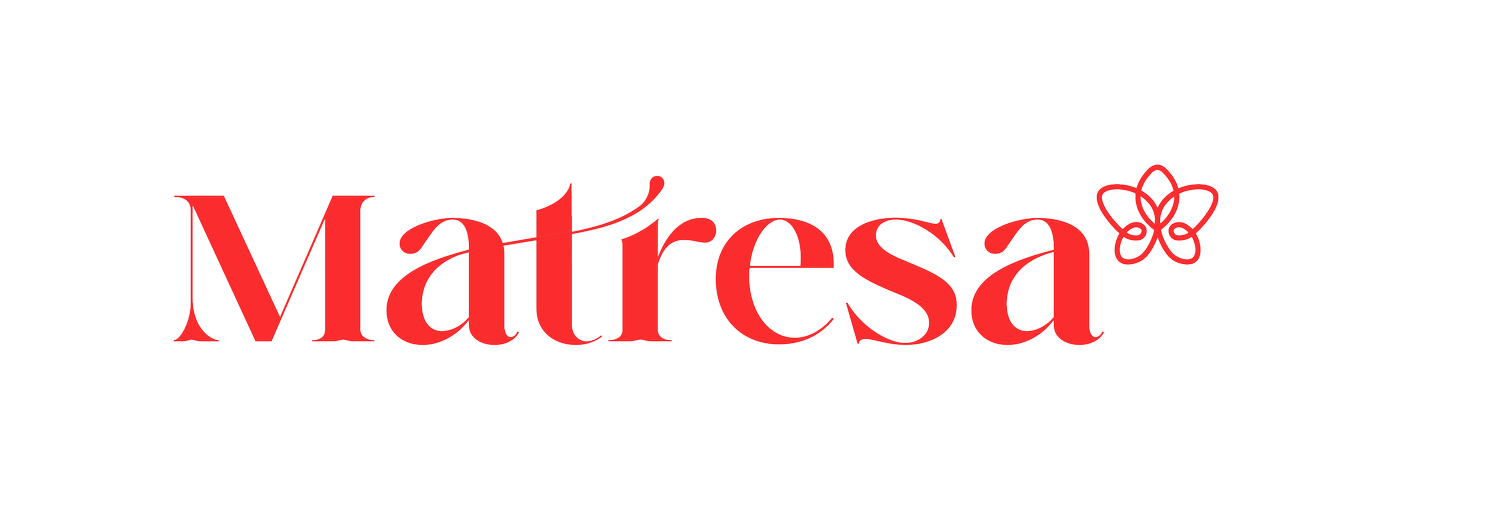When should I start weaning my baby?
When to get going with solid foods is a common question from parents. With a huge amount of pressure to get feeding ‘right’, yet so much conflicting information about when is the perfect time to get going it can be easy to feel anxious about weaning This blog will cover;
● Guidance on when to commence weaning
● Signs your baby is ready for weaning
● Signs which are often confused as readiness for weaning
● Considerations for specific babies
Complementary feeding, or as it’s often referred to ‘weaning’, is the process of starting to introduce solid foods to your baby. It can be an equally exciting but nerve-racking time for many parents. Often one of the first questions parents ask themselves is ‘When should I start?’ Over the years, guidance on starting solids has changed. Currently, in the UK it is recommended that babies commence solids at around 6 months of age. The guidance also clearly states that babies should not commence solids before 17 weeks of age.
Is your baby developmentally ready for weaning?
One of the most important (if not THE most important consideration) for when to commence solids with your baby is when they are showing important signs of developmental readiness. This means that their skills e.g. motor skills, fine motor skills are appropriate for the process of starting to learn how to eat and that they will be able to do this as safely as possible. There are three top developmental milestones to look for;
1. Your baby is able to sit up and hold their head up steadily. Whilst your baby may not need to sit for a lengthy period unsupported, they should be able to sit upright (with the support of a suitable highchair) and hold their head very steadily.
2. Hand, Eye and hand coordination - your baby should be able to see food, pick it up and bring it to their mouth. This is key for their ability to develop self-feeding skills and the coordination needed for eating.
3. Swallowing food - your baby should be well on their way to being able to swallow food. This means that their natural tongue thrust reflex (the protrusion or pushing out of their tongue) from their mouth should be reduced, and they can bring food to the back of their mouth to swallow.
Signs that your baby is not ready for weaning-
It is common to still hear people say that babies are ready for weaning when;
They are bringing their hands or fists to their mouth
They are waking more frequently overnight
Feeding more frequently or needing larger feeds
These are not evidence-based recommendations to start weaning. Babies will often bring their hands to their mouth for many reasons including comfort, teething or exploration. Sleep changes and feed changes are also very common between 4-6 months of age and are not a sign that it’s a green light for weaning.
Consideration for specific groups of babies: What about if my baby was born early?
For preterm babies (babies born before 36 weeks of age), commencing solids typically occurs between 5-8 months of age, but the key thing is when your baby is showing the developmental signs above. Many factors may be involved in a premature baby’s weaning readiness including their degree of prematurity, any medical conditions or developmental delay
What about if my baby is at high risk of food allergy?
Over recent years there has been more and more scientific research focused on food allergy prevention. One key area of prevention intervention has been the introduction of food allergens to a baby early, between 4-6 months of age. Very good quality research has shown that early introduction of food allergens is associated with a clear reduction in food allergy risk, especially for peanuts and eggs. This evidence may cause a review of current weaning guidelines in the UK, but in the meantime, if your baby is considered at higher risk of food allergy e.g. they have eczema and or a food allergy already, seek support with weaning from a skilled healthcare professional e.g. Paediatric Dietitian, Allergist
